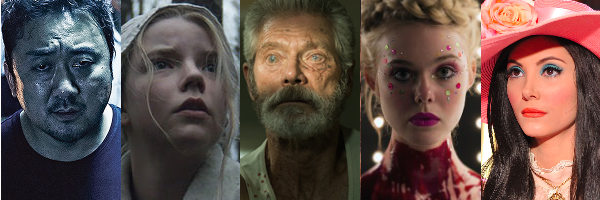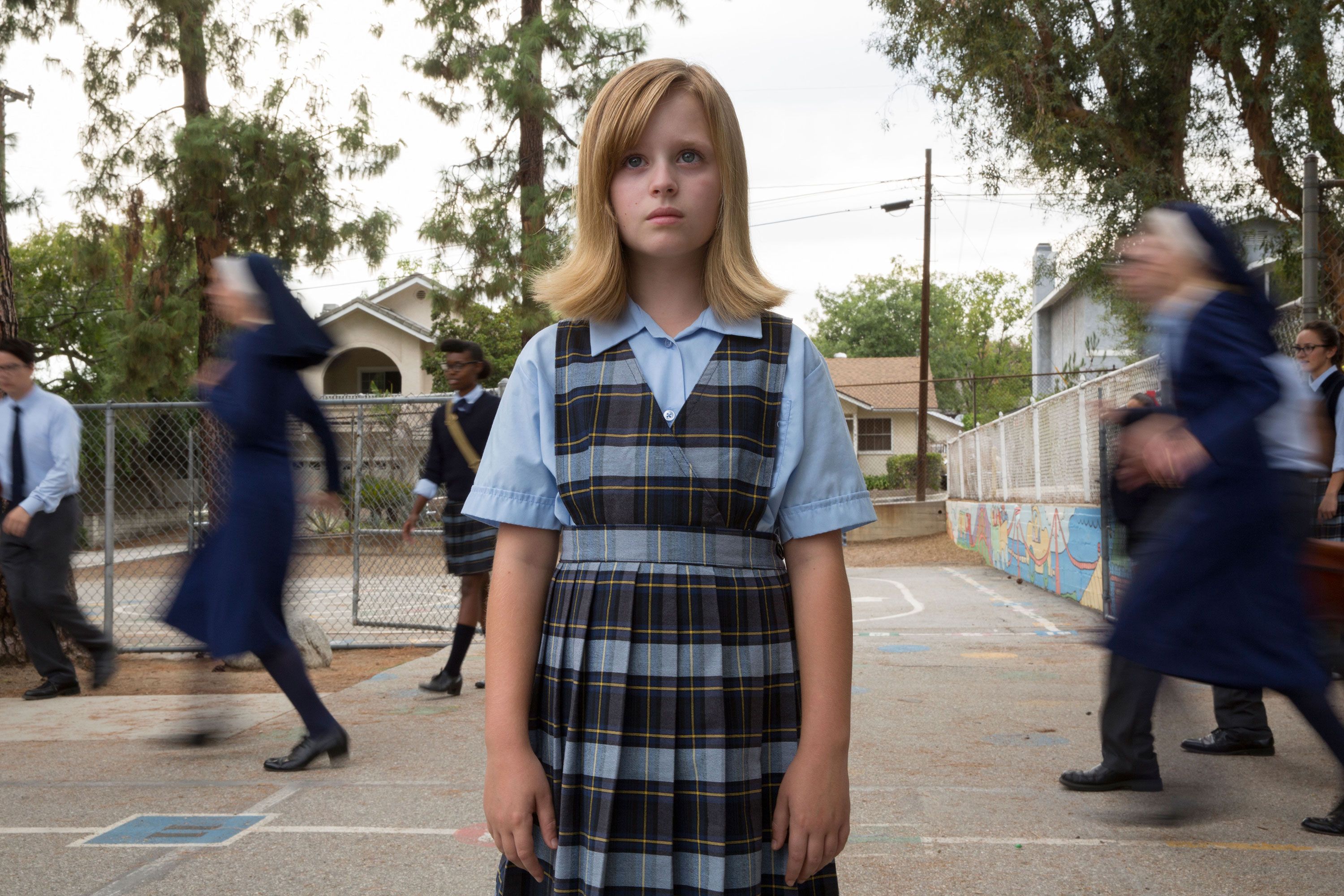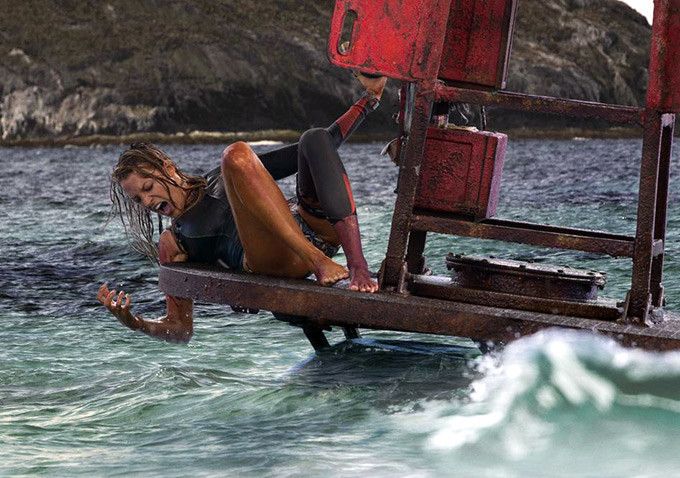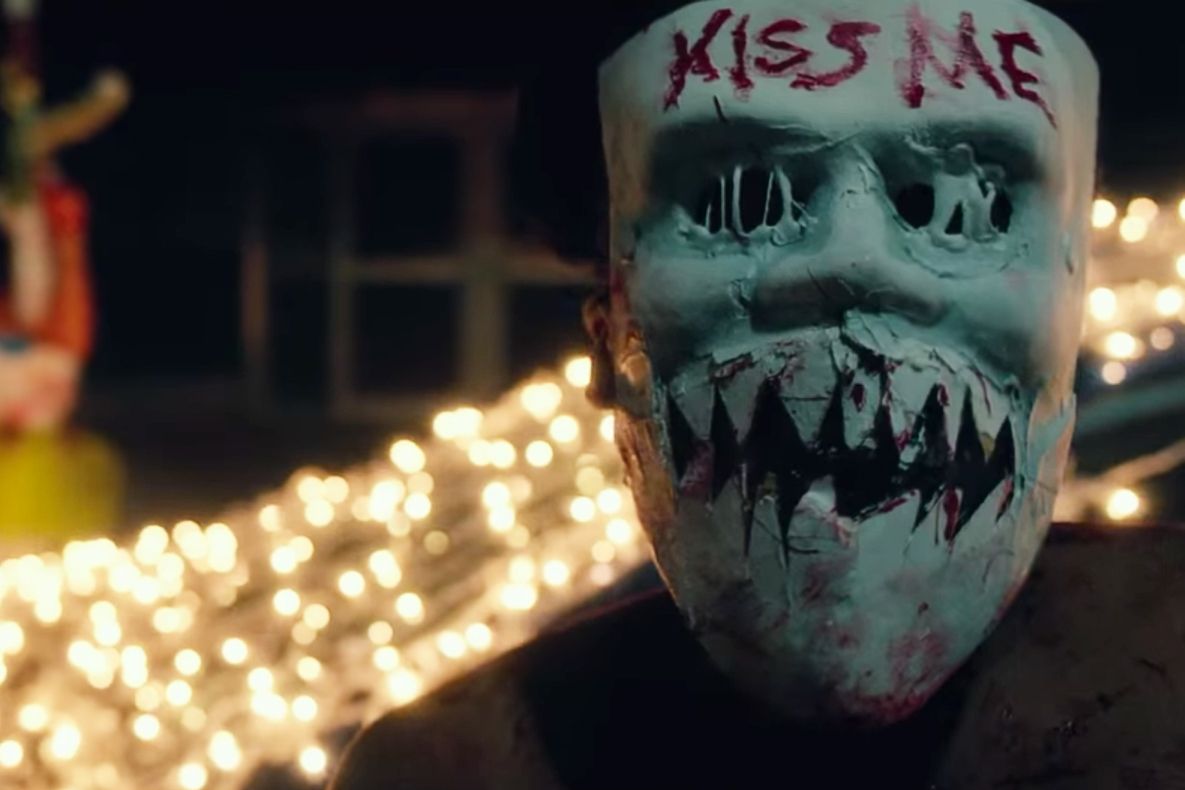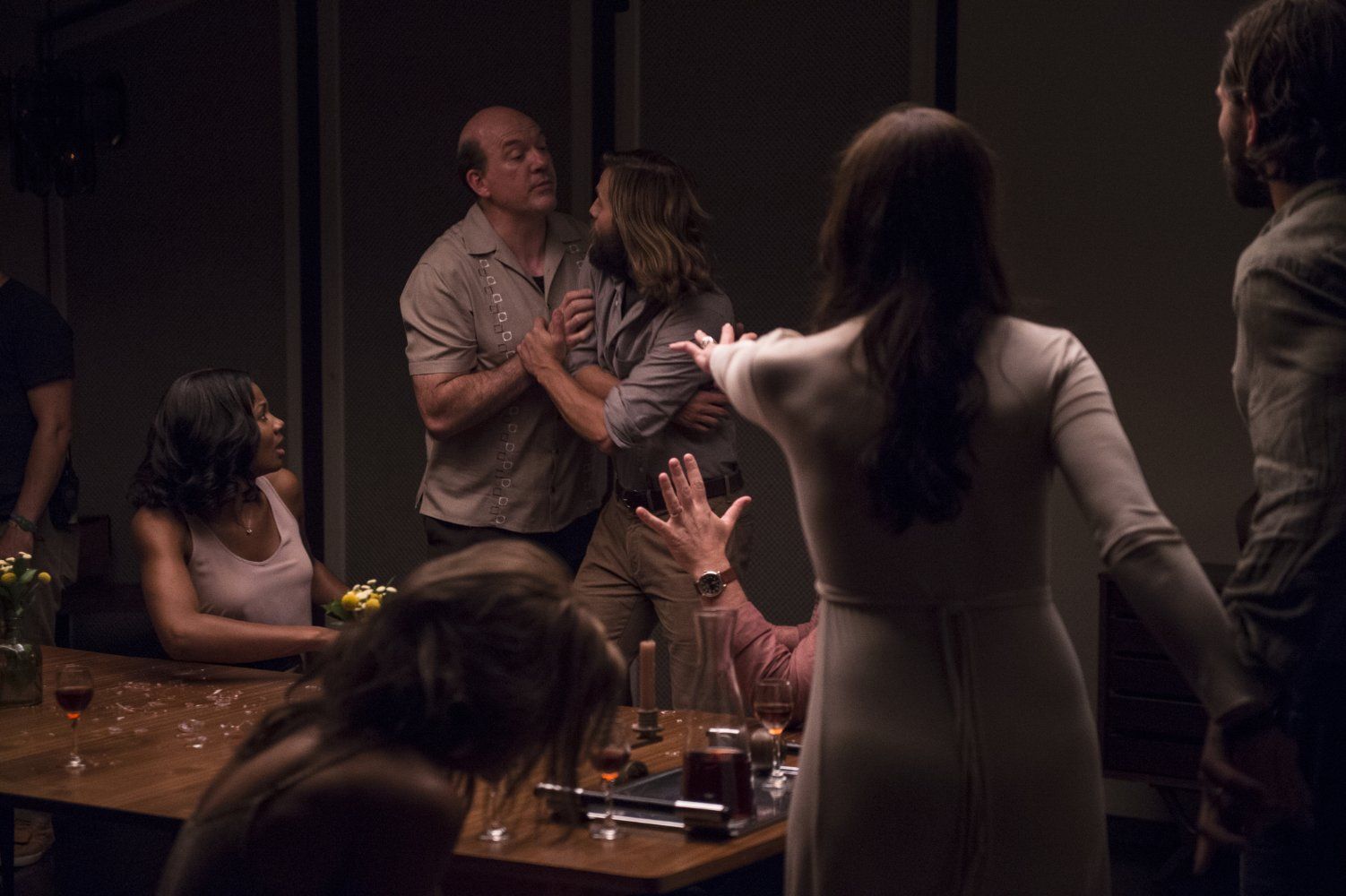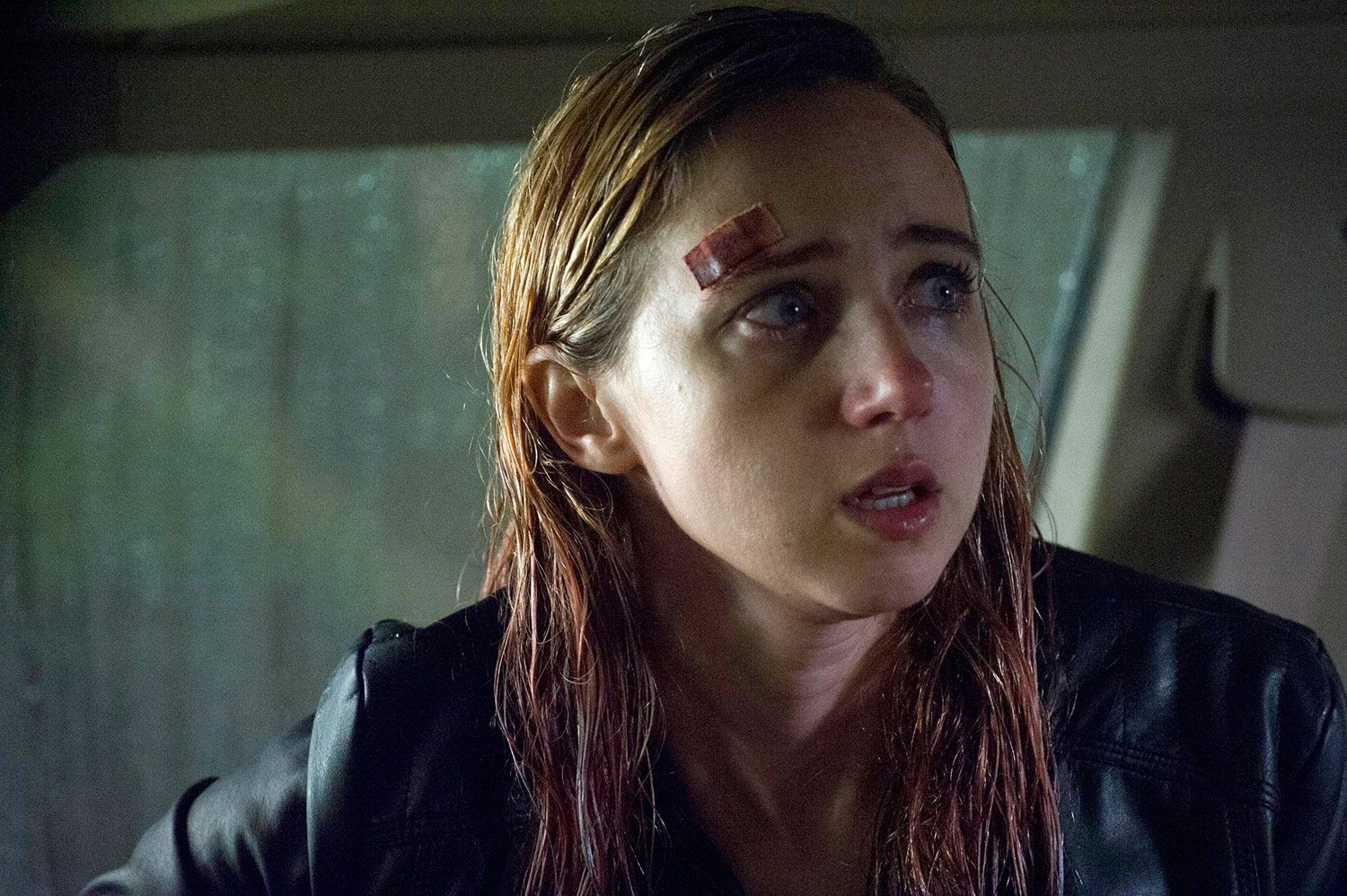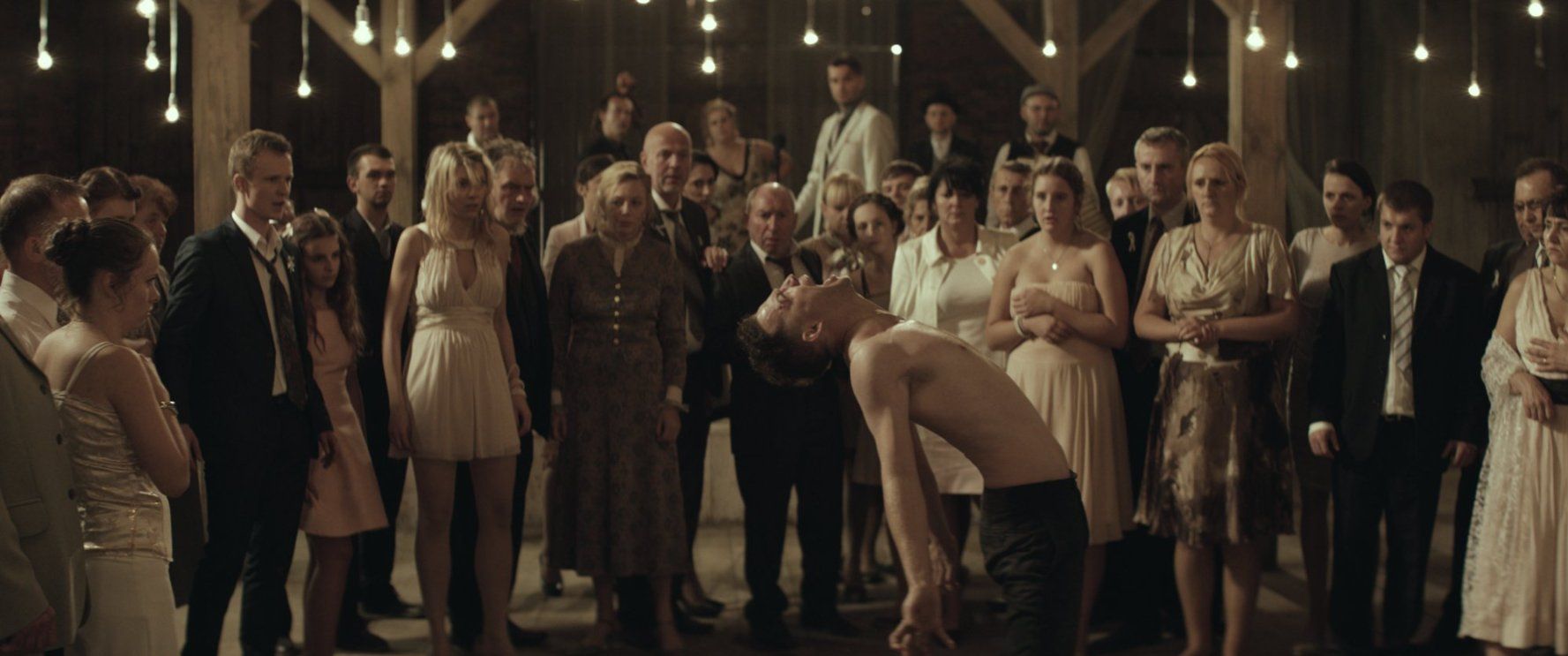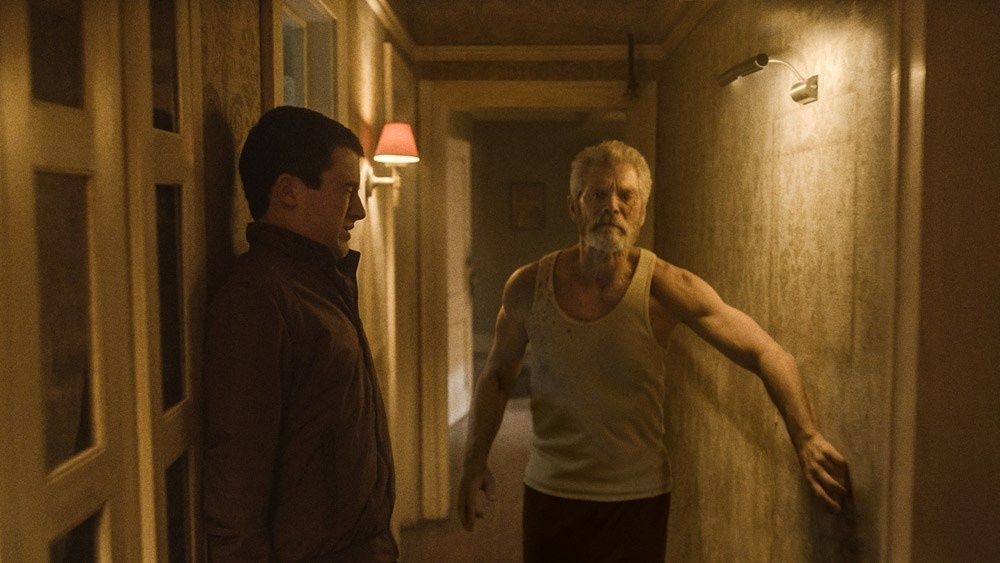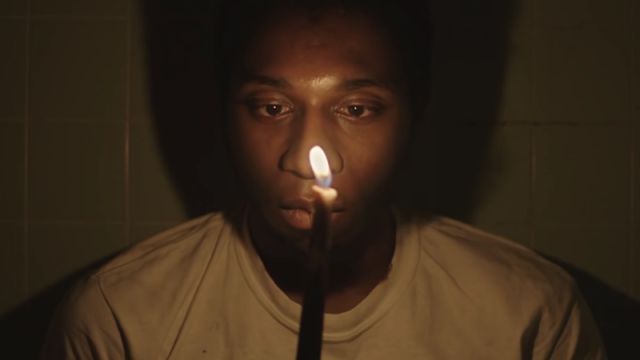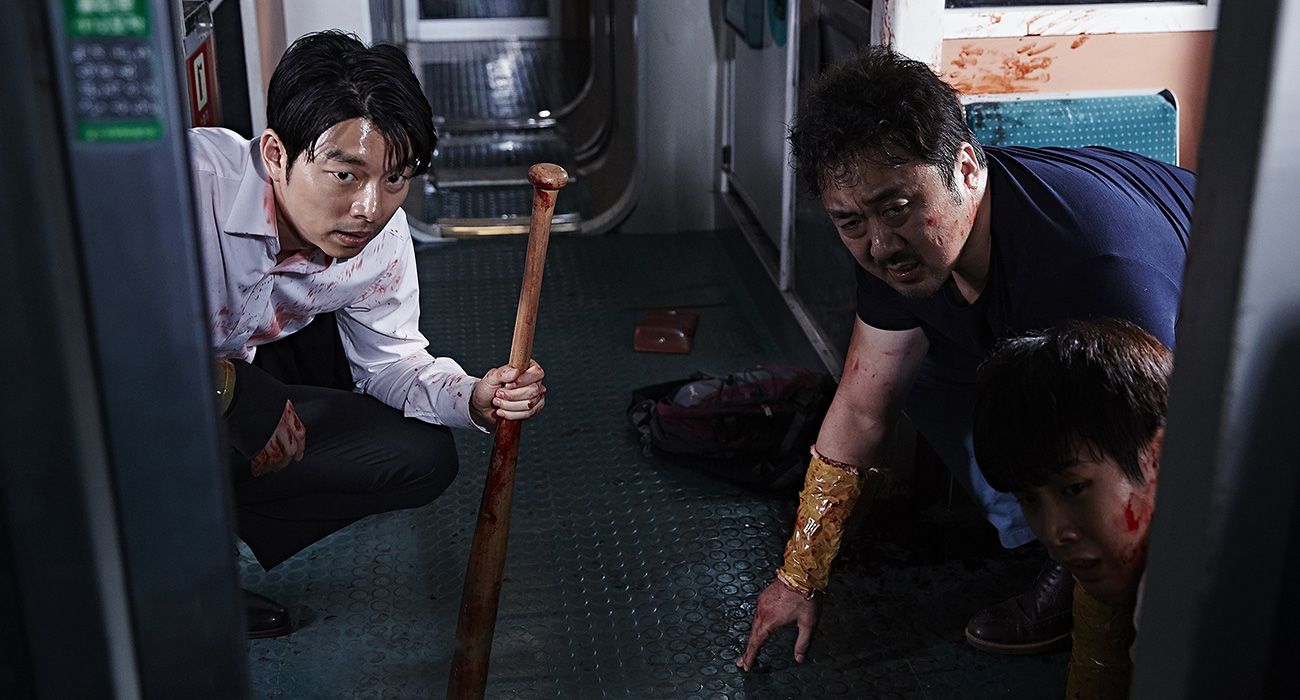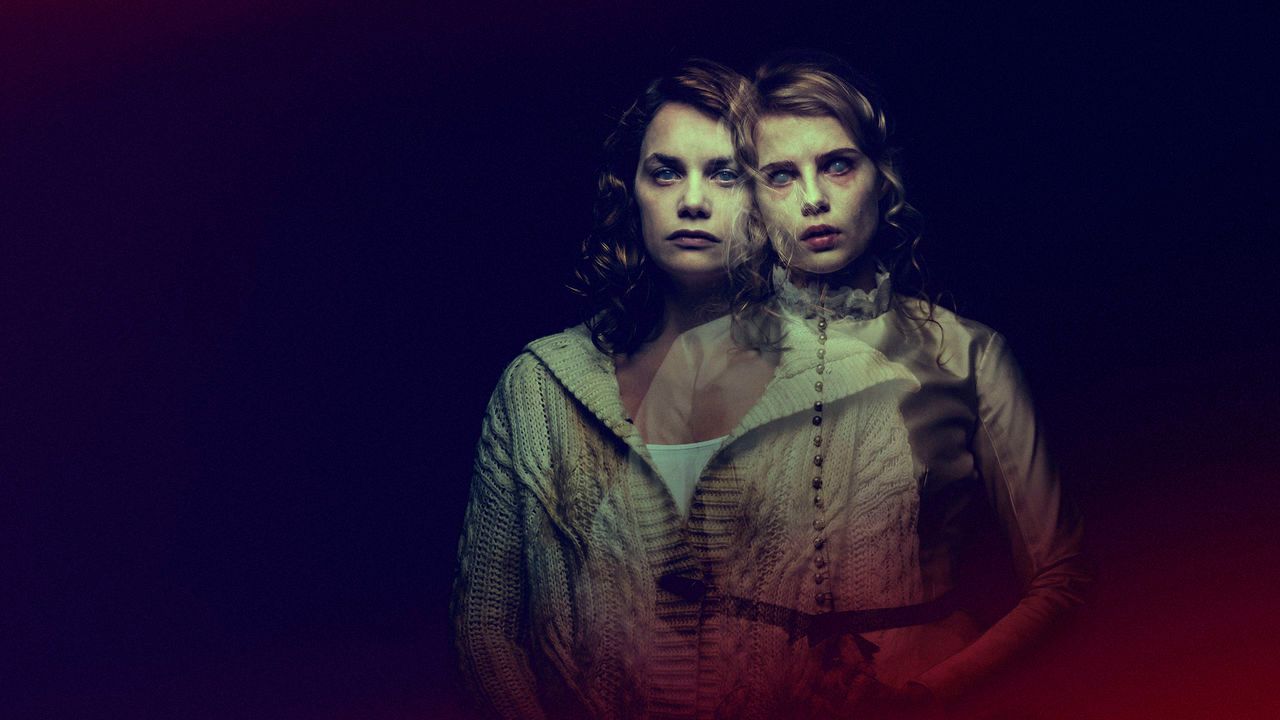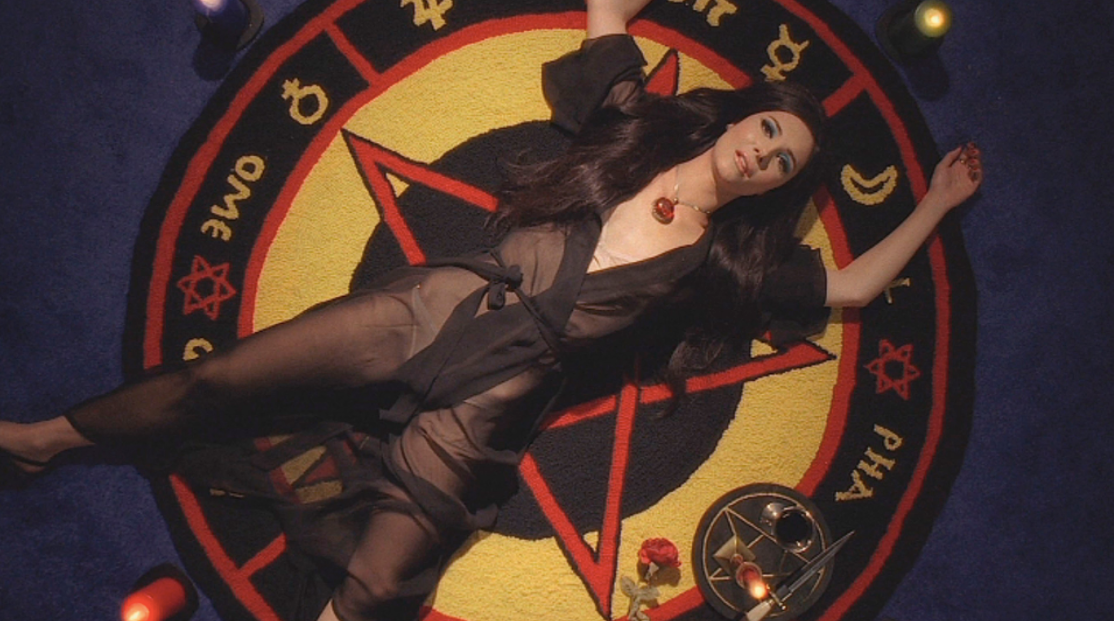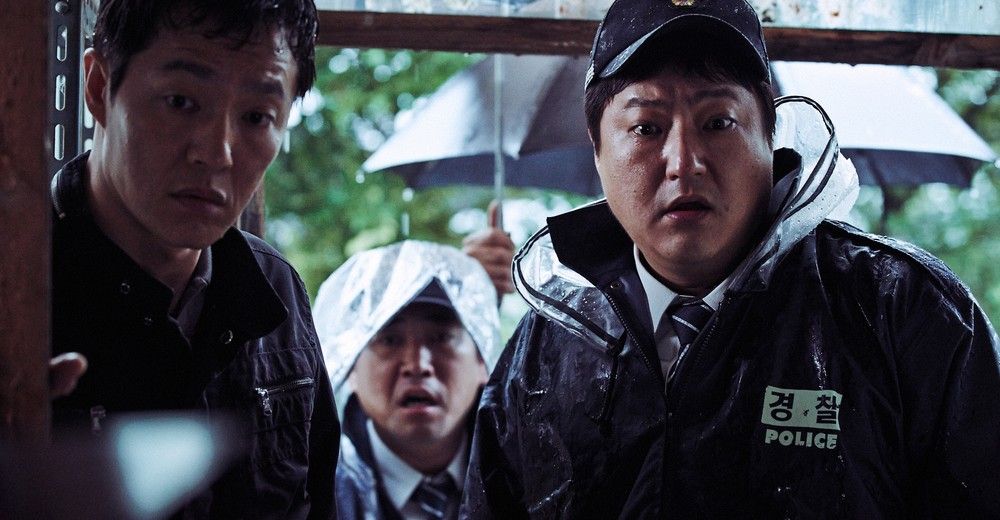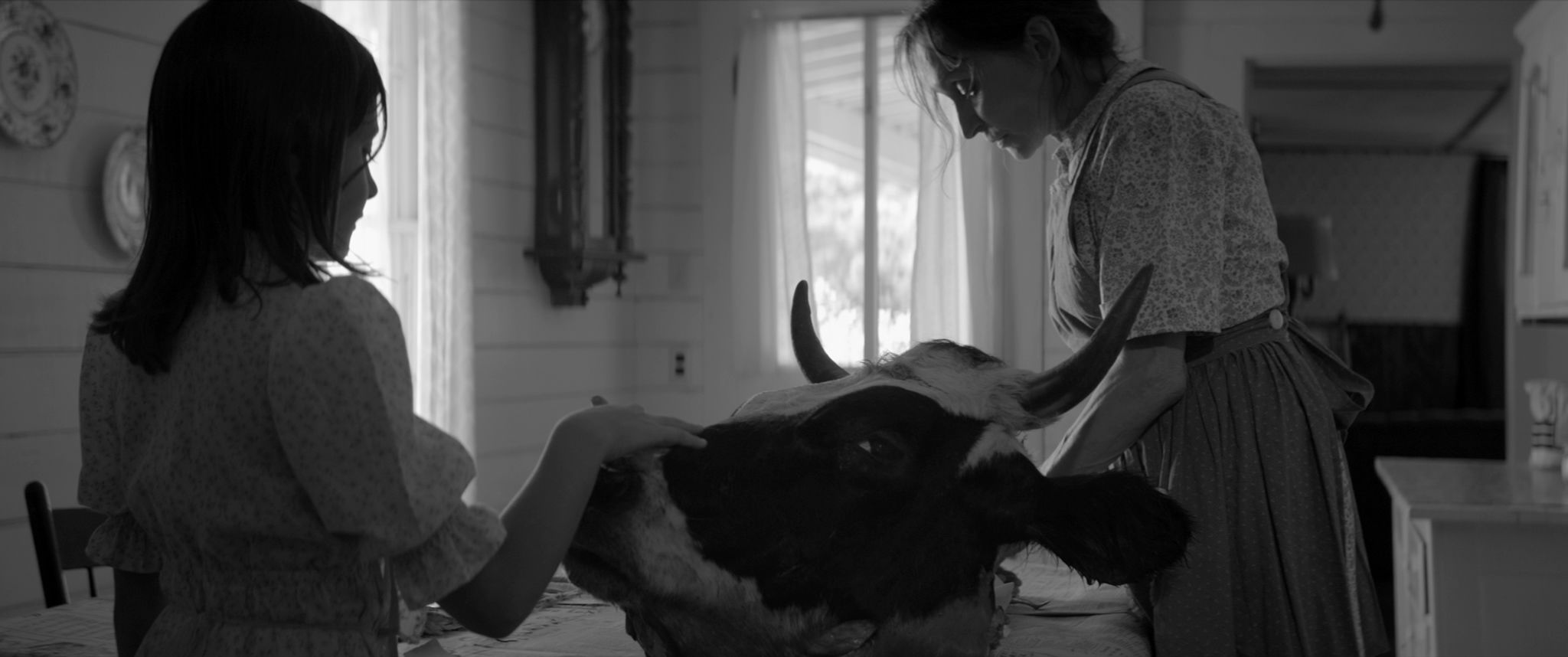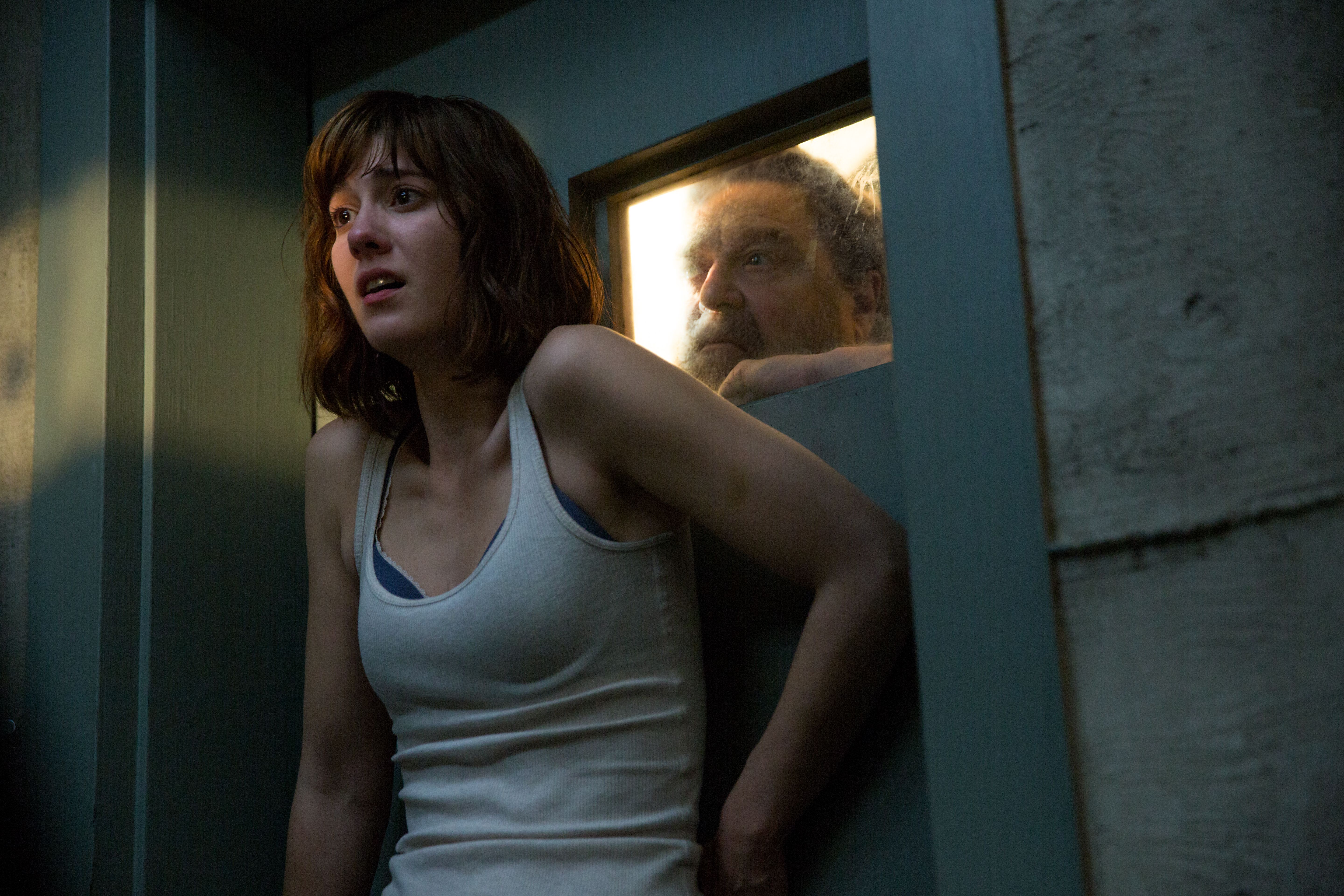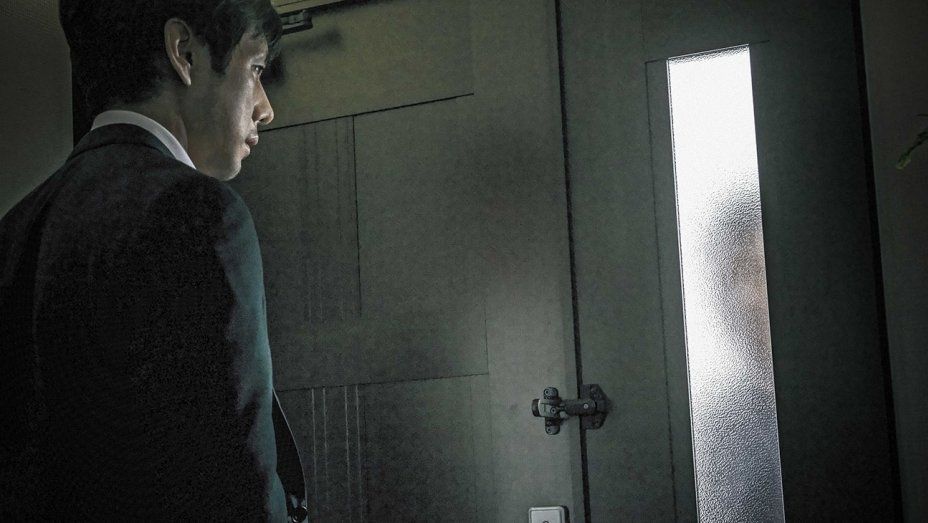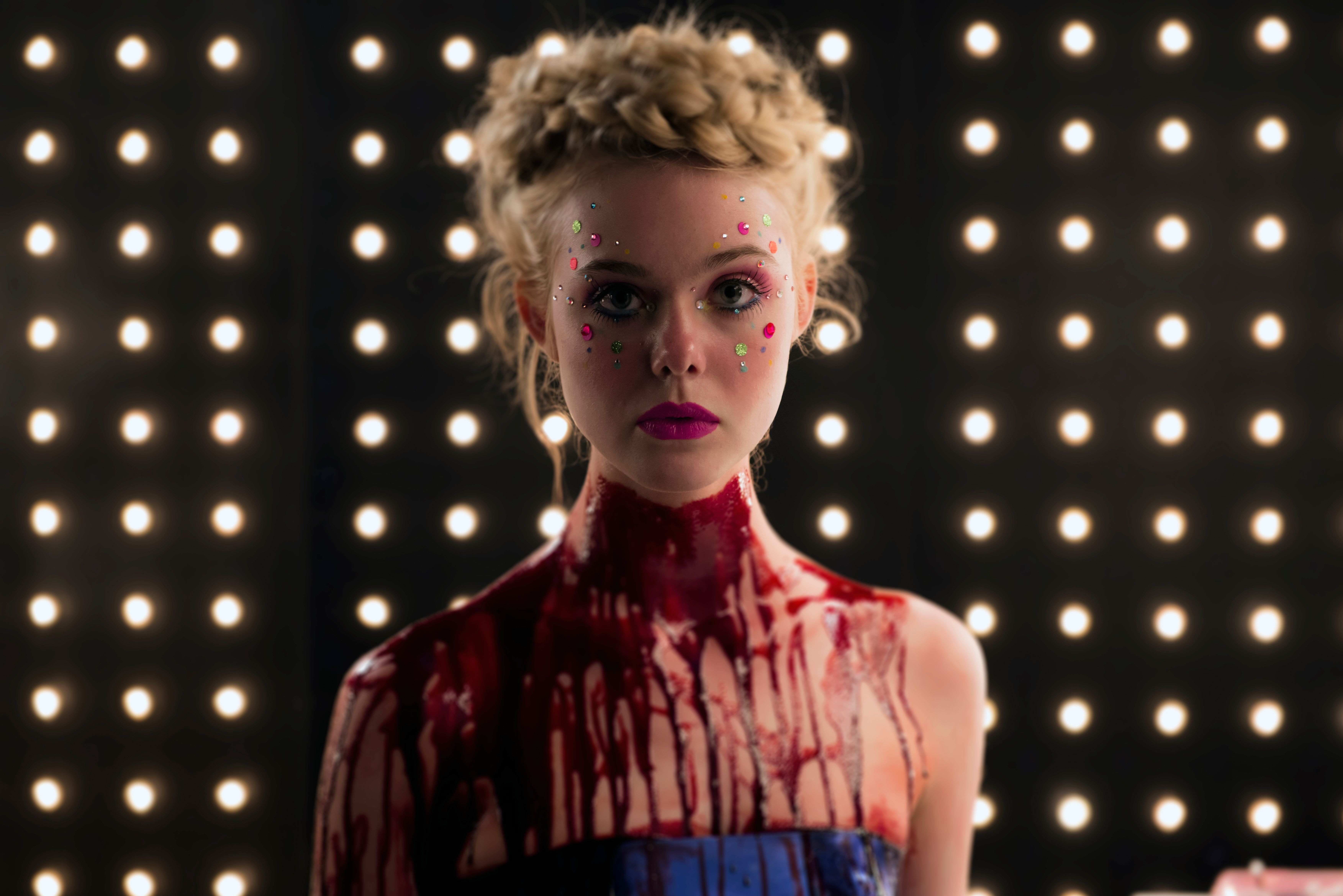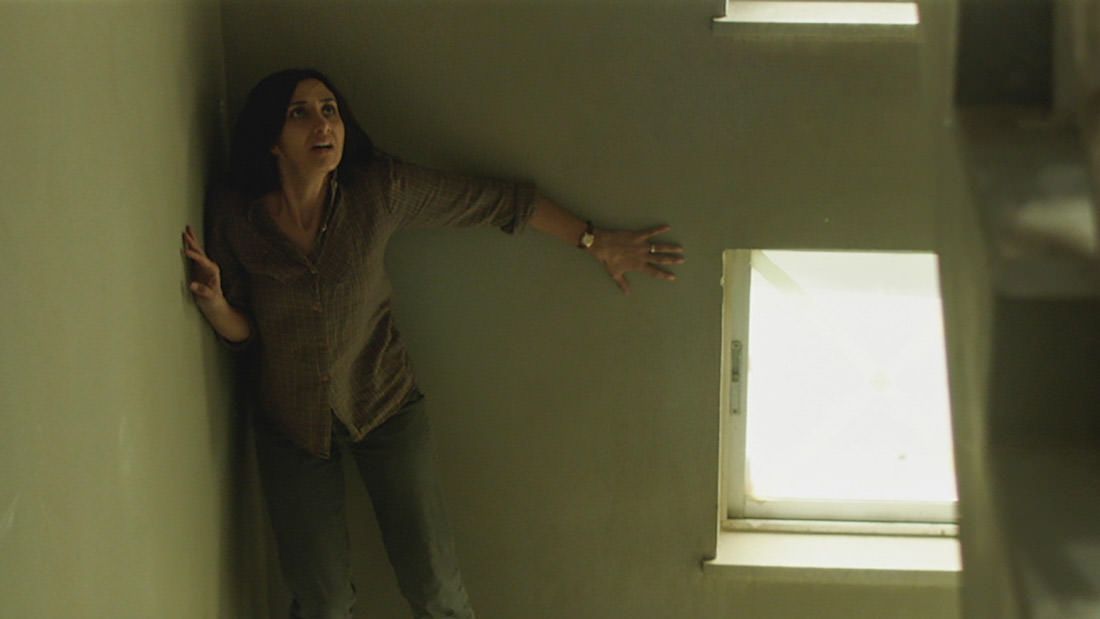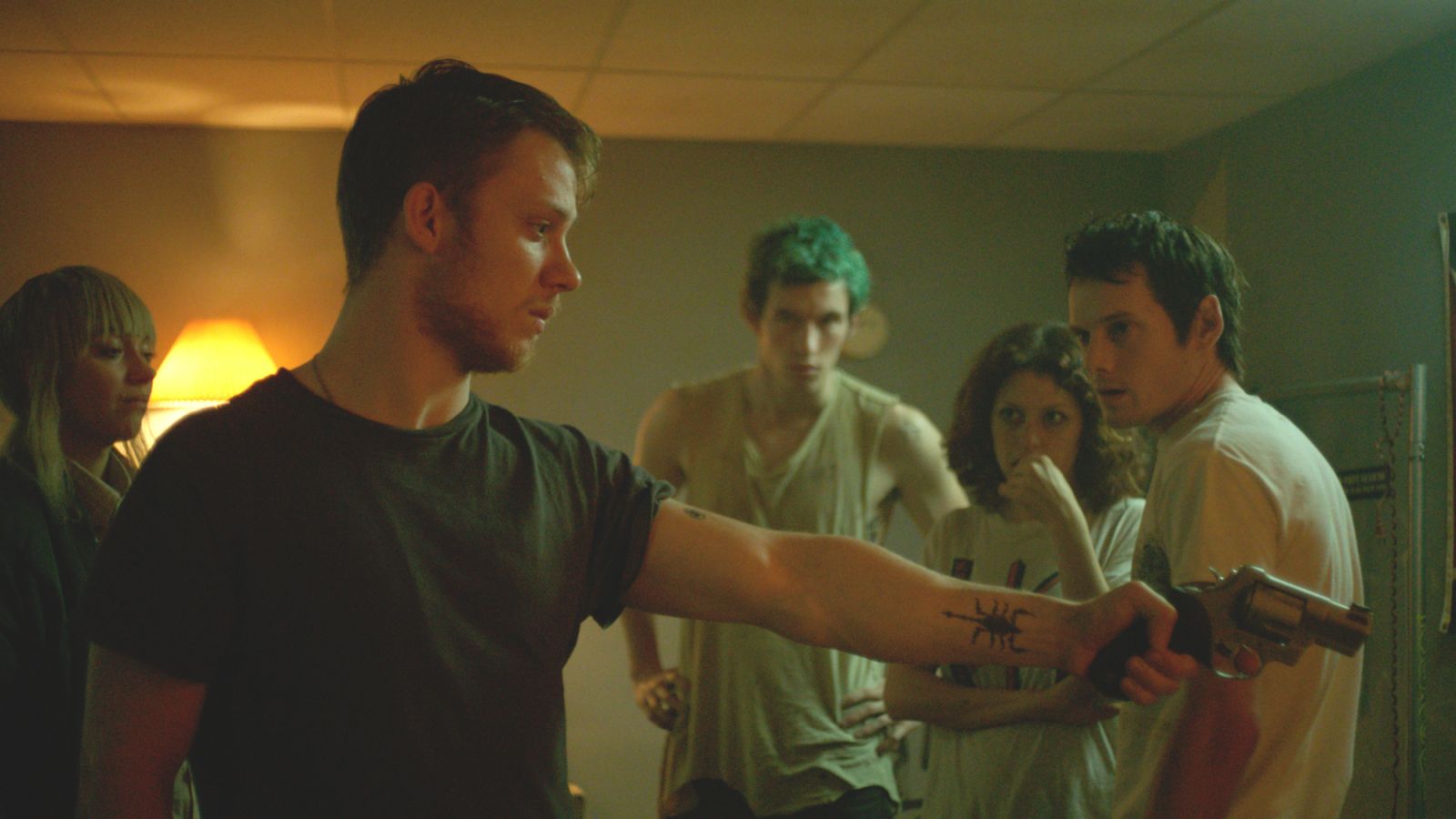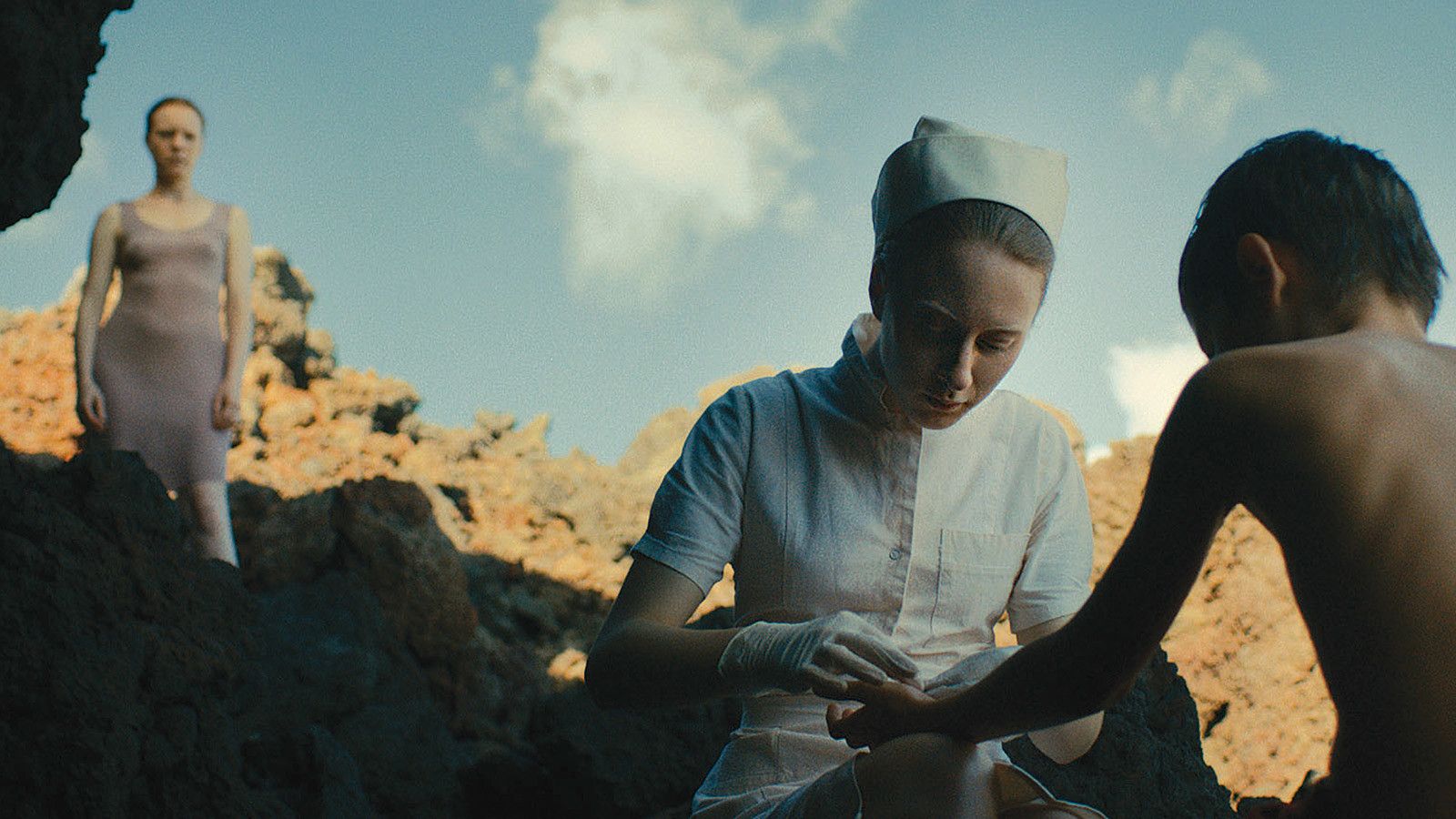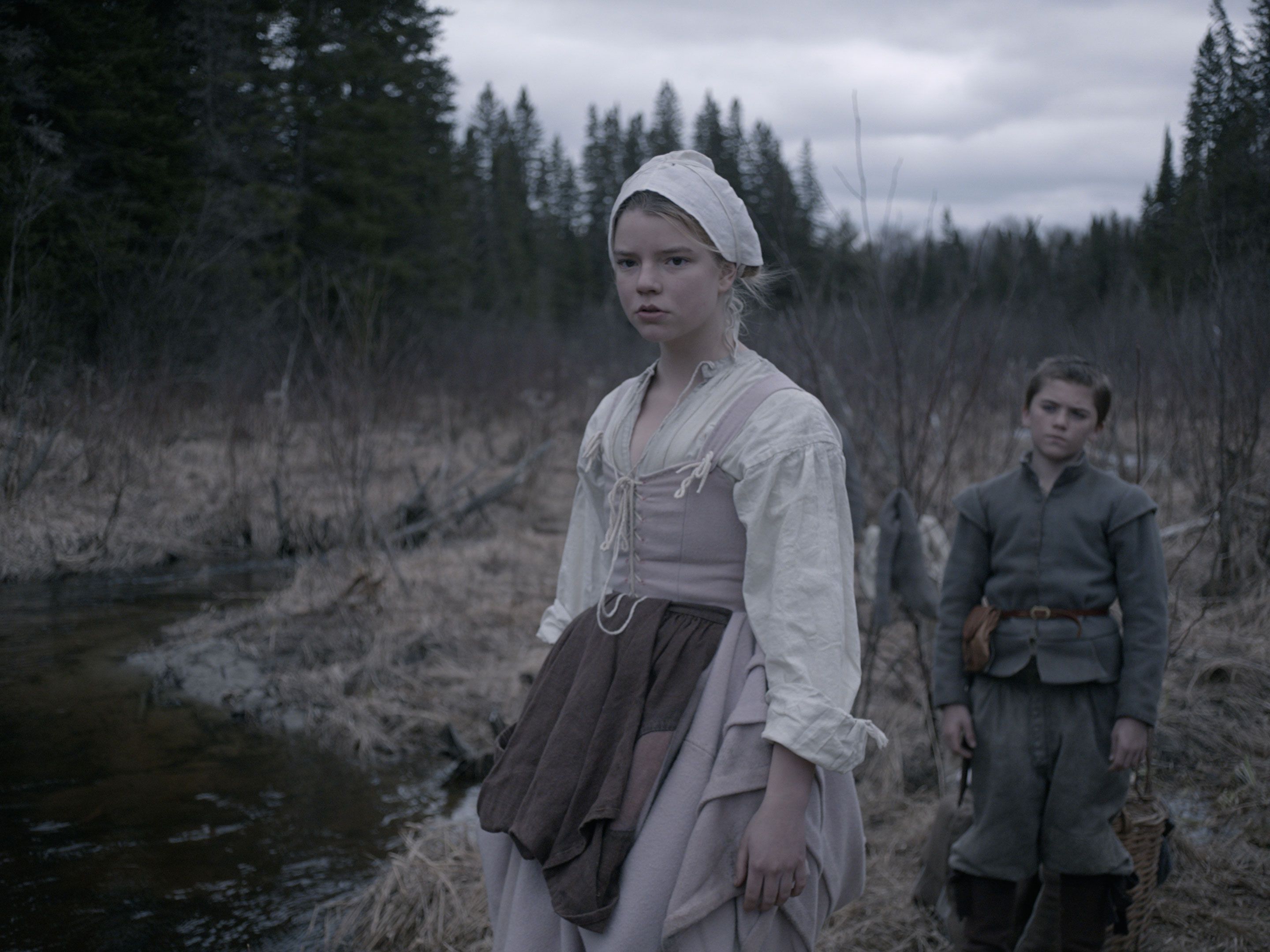There's a popular belief that 2016 was a bad year for movies. Not so much. True, the summer was a grim season packed to the brim with unwelcome reboots and sequels, but overall, if you branched out from the Top 10 box office contenders, there has been plenty to love. Nowhere is that truer than in the horror genre, which utterly thrived in 2016 with a year-long calendar packed with one surprising, thrilling release after the next. Historically speaking, horror has always thrived in times of hardship, perhaps that's why in a year when everything seemed to go wrong, the horror line-up went so right.
Overseas and stateside alike, horror filmmakers brought their A-game, toying with tropes and conventions to deliver innovative spins on well-worn genre staples like zombies, witches, and home invasion. At the same time, horror is a genre that has always offered tremendous opportunity for original, adult storytelling beyond the shackles of mass appeal and the 2016 lineup was no slouch in that regard with a string of terrifying takes on grief, mortality, and religion. It was also an exceptional year for women in horror, both behind the camera and in front, proving we've largely left behind the days of shrieking bottle-blondes with big boobs in favor of something much richer, and ultimately, much scarier. It was also an exceptional year for movie titles starting with "The", but that's neither here nor there.
With so much greatness on the table, Chris Cabin and I teamed up to look back at our favorites from the year. And only favorites had room to make the cut, meaning plenty of entertaining fare like The Conjuring 2, Lights Out, Hush, The Autopsy of Jane Doe and Southbound, to name a few, didn't make the cut even though they likely would have ranked in any other year. But without further ado, here are our picks for the best horror movies of 2016.
Ouija: Origins of Evil
The original Ouija was about as thrilling as an extended marathon of pencil sharpening, largely due to a deeply formulaic, fright-free screenplay and a severe lack of vision. It wasn’t exactly the Platinum Dunes School of Grim, Safe Horseshit, but it wasn’t much better. Ouija: Origin of Evil, however, not only brandishes a far more honed script from Jeff Howard, but also has style to spare thanks to co-writer and director Mike Flanagan, the man behind Hush and Oculus; Howard also wrote the latter. Flanagan uses a scrappy, convincing production design – kudos to Patricio M. Farrell – period wardrobe, and his performers, including Elizabeth Reaser and Annalise Basso, to evoke the time and its social constraints. Basso’s teen is attempting to find herself and starting to get, er, intimate with a cute boy when her sister is possessed, while Reaser’s single mother of two is just barely making ends meet as a spiritualist-schemer. The evil force that begins to press down on them is certainly something outside the routine, but having to struggle against an unending, unreasonable situation must be awfully familiar. -- Chris Cabin
The Shallows
Bless Jaume Collet-Serra and his respect for a good B-Movie. The Orphan and House of Wax director brings his cheeky sensibilities to the terrors of mother nature with The Shallows, a simple, direct, and incredibly effective thriller that lands just about square in the middle between Jaws and Sharknado on the sharksploitation scale. The film follows Blake Lively as Nancy, a young med school dropout mourning the death of her mother by way of surfing pilgrimage to her mom’s favorite secret beach. There, she meets two fellow surfing enthusiasts, a seagull, and a giant fucking shark. And that’s pretty much the movie. The other surfers are obviously shark food (the trailer doesn’t even try to hide this) and the rest of the movie follows Nancy through her various attempts to make it off the isolated rock that’s keeping her safe before the high tide leaves her completely defenseless. That lean narrative is part of what makes the film so effective -- it's laser-focused on making you squirm in your seat -- and Anthony Jawinski's tight scripting is complemented by playful camerawork from Collet-Serra, who is always half in the water, half below, demanding you keep vigilant watch until the moment the great white finally attacks, blood is drawn, and everything just gets downright crazy. -- Haleigh Foutch
The Purge: Election Year
Okay, so it’s not exactly as efficient as The Purge: Anarchy was, as both a horror movie and an action flick. Still, Election Year confidently expanded on the world of Anarchy and was rife with ugly, enraged images of a blood-lusting nation that so perfectly reflects Donald Trump’s America. (Quiet down, you comment trolls: I know it came out before he was elected.) Frank Grillo reestablished his bonafides as a convincing, engaging leading-man type as his Leo protects Elizabeth Mitchell’s Senator Roan against a hoard of angry Christian conservatives and general homicidal lunatics on the revered, revolting Purge Night. The costumes and various implements of death are a rousing, terrifying cornucopia of pop-culture refractions, but the movie never seems indulgent in its depictions of pain, torture, and death. More importantly, the movie’s narrative feels ripe for a continued expansion, making the franchise something like kinfolk to George Romero’s unimpeachable Dead series. -- Chris Cabin
The Invitation
Greif is a bitch. The loss of a loved one, especially those most tragic, will leave you coiled in the icy hot grip of despair and if you’re not careful you can drag the people you love down with you into the bitter cold. The Invitation is horror by way of grief, a real-life ghost story about how we are haunted not by specters and ghouls, but by the places we’ve been, the moments we’ve shared, and the incapacitating guilt of what we might have done differently. In director Karyn Kusama’s hands, it’s also a needling exploration of social anxieties and the quotidian horrors of polite society dinner parties. Working from a script by Phil Hay and Matt Manfredi , Kusama combines the two into a fever-pitch paranoia when Logan Marshall-Green's Will and Tammy Blanchard's Eden are reunited for the first time in years after the death of their young son on the night of a fateful dinner party. Neither of them is dealing with their grief well, but the film makes it clear that one of them is crazy and Kusama has fun stringing you along, leaving either option open until the film's brutal end. To top it all off, The Invitation boasts a delightfully cheeky stinger that feels like Twilight Zone by way of Beverly Hills. --Haleigh Foutch
The Monster
Bryan Bertino had a pretty impossible task in front of him when he turned to The Monster: follow up the new cult classic that is The Strangers. Instead of going bigger with his long-delayed second feature, he enriched the simple story of a mother, her daughter, and a strange, savage beast with a familiar, if still affective portrait of addiction. Bertino’s pacing is a showcase virtue of his craft, but The Monster owes most of its success to Zoe Kazan and Ella Ballentine, as the ever-inebriated mother and resilient daughter who must survive a few hours in a broken-down car. The fight to not be consumed whole by the murky, ferocious beast is a peer inside one woman’s will to survive in the face of motherhood and emotional ruin. The end result is not particularly hopeful, but Bertino and his two actresses summon a primal understanding of instinctual protection and how maternity is guided as much by impulse as societal dictations. -- Chris Cabin
Demon
Possession becomes a link to historical reckoning in Marcin Wrona’s unnerving take on the Jewish myth of the dybbuk, a restless, chaotic spirit who takes hold of a living person. Here, the unsteady binds that tie Poland to Europe in the wake of the Holocaust, are reflected in the wedding between a Polish woman and her Londoner groom, which is uprooted when a member of the wedding party begins to lash out in unusual ways, speaking about age-old happenings. Like with the best horror, there is plenty of humor, and the sting of modern capitalistic ruthlessness and the selfishness that often comes with unrequited love are constantly invoked. They feed into the feeling of a powerful but not necessarily malevolent force whose outrage and confusion can turn a gorgeous catered affair into flaming wreckage forged by human frailty and the unvanquishable, blood-drenched crimes that have shaped history. -- Chris Cabin
Don't Breathe
Fede Alvarez showed some major chutzpah when he made his English-language feature debut by tackling the impossible -- a remake of the venerated classic Evil Dead. This year he raised the stakes even higher with a hard-R original tale of home invasion gone horribly awry in his staggering box office hit, Don't Breathe. Reuniting with his Evil Dead final girl Jane Levy, Alavarez put her through a new box of horrors this time around, pitting her against Stephen Lang's ferocious, sinewy Blind Man. Don't Breathe's scripting is subpar and logically baffling, and the story is a relentlessly nasty and bleak showing for humanity's dim morality, but Alvarez directs the hell out of it with clear action, cleverly constructed visual gags, and quite possibly the best use the killer dog trope in recent memory.
The Alchemist Cookbook
Fans of The Evil Dead may feel some quick kinship to this exhilarating oddity from Joel Potrykus, in which a young, isolated, and heavily medicated man named Sean loses his pills and seemingly encounters the legions of hell in the process. Credit newcomer Ty Hickson for fearlessly bringing the self-inflicted damage, confusion, and never-ending anxiety of mental health out so convincingly, with just the right dollop of pulp embellishment. His interactions with his cousin, played by a scene-stealing Amari Cheatom, are uproarious but also increasingly upsetting, as the would-be alchemist slides into a state of constant paranoia and distrust of his own body. This leads to some pretty harrowing scenes of self-mutilation and unchecked, uncontainable rage but The Alchemist Cookbook is not out to gross anyone out necessarily. The director wants to seek empathy and understanding of even the most misbegotten souls, those who speak with the devil and prove inevitably incapable of controlling it. -- Chris Cabin
Train to Busan
Boy howdy has it been a long time since I got excited about a zombie movie, but writer-director Sang-Ho Yeon takes a concept as reductive as “zombies on a train” and turns it into a propulsive, action-packed, and surprisingly touching spin on the burnt out genre. The story centers around a selfish businessman and his neglected daughter when she begs him to take her home to her mother for her birthday. They board the train just as the world is falling to the zombie apocalypse, and Yeon always makes it feel like there's never a second to spare. One wrong step, one missed opportunity, and our characters become raging, contorting flesh-eaters. These zombies aren't just fast, they're rabid and remarkably infectious (and surprisingly, they pull off that zombie wave thing that was so ridiculous in World War Z). Along the way, they team up with a fantastic cast of secondary characters that you actually give a flying hoot about, especially Dong-seok Ma's Sang Hwa, a buff badass and father to be who'll do whatever it takes to protect what he loves. The film gets a little heavy-handed with the "selfishness is bad" motif at points, but it's never enough to drag down the breathless action or commanding characters. -- Haleigh Foutch
I Am the Pretty Thing that Lives in the House
I Am the Pretty Thing That Lives in the House doesn't have much in the way of story, but what it lacks in narrative, it makes up in atmospheric chills and slow-burn dread. That said, if you like your horror with propulsive action, move right along to the next entry because this one's definitely not for everyone. It is, however, one of the closest experiences you can have to watching a nightmare's played out on screen. Writer-director Oz Perkins never gets flashy or too-clever with his tale. Instead, he sets a simple table well and with elegance. Told in dulcet, almost whispered voiceovers by Ruth Wilson’s hospice nurse, Lily, the film makes two things clear from the start — ghosts are real, and Lily is about to become one. What follows is the slow unraveling of how that came to pass when she takes a job caring for an elderly author who specializes in ghost stories, and her life is becoming intertwined with one of the author's most famous tales. As always, Wilson is enchanting on screen and her terror is always convincing. But it's the droning dread that takes centers stage as a fluid, oppressive fear born from the innate terror of dying. See, the movie is more about mortality than ghosts (though it's got one or two chilling visual gags up its sleeve), and the unavoidable fact that death waits, unrelenting, for us all. -- Haleigh Foutch
The Love Witch
Anna Biller has a long history of envisioning and creating the wardrobe and certain elements of her production design in her films – she finished her first short in 1994. With The Love Witch, her third and by far her best feature, she turns a tale of black magic and crazed obsession into a decadent dark comedy that transcends the stunning, tailored artifice. Samantha Robinson’s Elaine arrives in a new town and, almost immediately, kills a random, intellectual lover. Others follow, but the bloodshed and kitschy acting are only half the fun. The throwback environs are so detailed, so bold in the frame, that they seem to encase the characters in the social modes of the time. Despite some excellent mimicry of stereotypical 60s TV melodrama acting, there’s a constant anxiousness to all of what Elaine does in the name of love, as if the desperation for liberation is raging right under the rich surface. -- Chris Cabin
The Wailing
Watching The Waling is a bit like catching sight of something humanity was never meant to see. It's peeking behind a rickety curtain that was left intentionally askew and immediately wishing you never saw through the cracks. The Wailing centers on Do-Wan Kwak's everyman detective Jong-Goo who is drawn into the nasty realm of demons and spirits when his job leads him to a string of horrifying murders, each committed by a dazed perpetrator fallen ill with a severe rash. When he wakes up to find his daughter in the same condition, his life rapidly spins out of control as he desperately tries to uncover the source of the scourge in a deeply unsettling walk through hell on earth that tackles racism, religion, and regionalism without ever becoming a sermon instead of a spook show. Director Hong-Jin Na keeps the pace pounding and the surprises coming (including one of the best on-screen uses of lightning of all time) and he's seemingly incapable of backing down from the grim or the grisly.I won’t lie, The Wailing is also pretty confusing on a first watch, especially to a Western viewer, but like a mirror of the film itself, investigation into its meaning only seems to draw out further horrors. -- Haleigh Foutch
The Eyes of My Mother
It takes some serious guts to make a black-and-white character-driven horror film these days, but that's exactly what writer-director-editor Nicolas Pesce opted to do for his feature film debut The Eyes of My Mother. And it paid off in spades. With the help of some truly stunning cinematography from Zach Kuperstein (who also makes his feature debut), Pesce's vision of a sedated sociopath comes to life with stark clarity and sumptuous richness. The Eyes of My Mother harkens back to the cinema of yore with almost all the violence taking place off-screen, leaving room for the psychology of his sinister leading lady to take center stage. It's an exploration of loneliness by way of serial killer that occasionally feels like an otherworldly nightmare ripped straight from the ugliest far reaches of your mind -- Haleigh Foutch
10 Cloverfield Lane
The least interesting thing about this howler of a thrill ride is that it’s connected to Cloverfield. The final moments of the film, which connect the terrifying predicament that Mary Elizabeth Winstead’s protagonist to the giant monster style of the previous film, feel rushed, unthinking, and almost profoundly unnecessary for anything else than to set up a new cinematic universe. It’s a slap across the face for what is, on the whole, a superb work of nerve-frying paranoia. When Winstead’s character gets saved from a presumed apocalyptic event, she becomes a prisoner as well, trapped in an underground shelter watched over by John Goodman’s unnerving survivalist and his kindly helper (John Gallagher Jr.). For the few who have yet to see it, there’s no need to go into just how the tension begins to build in the cramped bunker where these three people make due. Rest assured, however, those who think of Goodman as the go-to for either blustering blow-hards or good-natured fellows will never be able to look at him the same again. -- Chris Cabin
Creepy
Kiyoshi Kurosawa returns with a vengeance with Creepy, easily his most frightening slices of psychological horror to date. It starts out simply enough: a former cop (Hidetoshi Nishijima) returns from a teaching job to hunt a killer with the power to convince anyone to do what he says. It’s a simple, moody set-up and Kurosawa milks the movie for a potent, often devastating eeriness, matched with an increasing sense of helplessness that never tips over into sadism. Teruyuki Kagawa’s villain isn’t like, say, The Purple Man from Jessica Jones in his abilities. He psychologically kneads his victims, wears them down almost with inane chatter and random mood swings. His colonizing of their very ability to make decisions is shown as almost mundane, which makes its power all the more astonishing and terrifying. The director rarely gets flashy, but his images are at once desolate and pregnant with menace, portraying the suburbs of Japan as a breeding ground for a sadistic kind of lethargy and boredom, as well as a certain breed of analytical, behavioral genius. -- Chris Cabin
The Neon Demon
Nicholas Winding Refn certainly knows how to make a divisive movie. Like Only God Forgives before it, Refn’s Neon Demon was jeered at Cannes and met with split response from critics and moviegoers alike. That's not too surprising. It's explicit and nebulous, and seemingly dedicated to make the audience as uncomfortable as possible as often as possible. It's also staggeringly beautiful, but leave it to Refn to make a shallow movie about the pitfalls of being shallow. Elle Fanning stars as Jesse, a manipulative underaged monster in the making who has "that thing" everyone wants, and she knows it. Rapidly climbing the ranks of the fashion industry, Jesse believes her own hype and goes full Narcissus, drawing the ire of three experienced industry pros who envy her youth, easy beauty, and immediate success. Along the way, shit gets truly crazy. The Neon Demon's got beautiful women basking in blood, it's got glorious Technicolor visions of cannibalism and self-worship, and it's got just way too much necrophilia. All the same, it's a stunning visual accomplishment and it never abandons character in favor of the shock, it embeds them in each other. The Neon Demon may not have a lot to say, but what it does, it says beautifully. -- Haleigh Foutch
Under the Shadow
From Tehran comes this politically tantalizing, angry tale of repressed spirits unleashed upon the world. Set in the 1980s, Babak Anvari’s story begins with a not-surprising yet nevertheless infuriating scene: Narges Rashidi’s Shideh, a wife and mother, is being refused re-entry to the medical college due to her leftist leanings during the Iran-Iraq War. Her well-meaning yet incessantly condescending husband doesn’t see the big deal, while her daughter can hardly pay attention beyond her dolly. It’s when the husband leaves for the front that things start getting really strange though, both in the supernatural way and the all-too-real way. Mysterious happenings, including Shideh’s daughter’s increasing madness and sickness, are blamed on the arrival of a fabled Djinn, a demonic force of great power, while a missile lands in the top floor of Shideh’s building without going off. The surreal experience of wartime in Iran only enflames the nightmarish conjuring of the supposed Djinn and its agents as it plagues Shideh. Anvari isn’t much for artifice but his sense of visual invention is apparent early on, especially when the Djinn begins tossing people around. Confined largely to one apartment complex, Under the Shadow is perhaps the boldest emblem of the repressed rage felt by women in Iran to be released since A Separation, and announces Anvari as one of the most promising young Iranian directors currently working. -- Chris Cabin
Green Room
Jeremy Saulnier is an absolute auteur of on-screen violence. He doesn't glamorize it and he doesn't exploit it, but neither does he shy away from its consequences, both immediate and far-reaching. There's an inherent stupidity to violence; a needless nastiness that most movies fail to grasp. Saulnier not only gets it, he knows how to make his audience get it too. Like his first two films Blue Ruin and Murder Party, Green Room follows our woefully underqualified heroes into bloodshed. This time, it's a partying punk band that wanders into the thick of Neo-Nazi territory when their planned gig falls through. Led by Imogen Poots, Alia Shawkat and Anton Yelchin (whose untimely death still staggers the mind), the young neerdowells are square off against the most militant red laces. Patrick Stewart, cast brilliantly against type, plays their charming leader Darcy with a terrifying calm and calculating confidence, and his no-guns rule means that every kill comes hard and cuts deep. Speaking of deep cuts, that "arm scene" you've probably heard so much about is one of the finest demonstrations of that knack for violence I mentioned -- a sick-making moment you feel down to your bones that both advances the plot and illuminates character. Green Room's got the flesh and blood and body count that makes for a good horror film, but it's also got the heart that makes for a great one. -- Haleigh Foutch
Evolution
Lucile Hadzihalilovic’s third feature plays more like a fable, or maybe a tone poem, than a simple story of biological horror. There’s a hypnotic quality to the sleek yet textural imagery, which is edited into a rhythmic, supernatural spell of sorts. On an unknown island in France, a pack of nun-like women work to turn the evolutionary tide and impregnate young boys through surgery. The women indulge in orgies amongst themselves and form kinship with their subjects, who almost always die in childbirth, but the French helmer keeps things eerily detached for the most part. One could make the argument that the film is all cold aesthetic, that it comes off as an (extremely bizarre) perfume commercial. There’s some truth to that but the focus on the landscape, on potent symbols found in nature, gives the film a certain gravitas and even flashes of alien poetry. Think of it like a dispatch from Planet Earth, if it had filmed on a moon of Neptune. -- Chris Cabin
The Witch
Directorial debuts don’t get much better than what Robert Eggers pulled off with The Witch, an immersive, atmospheric exercise in the existential dread of the fanatically devout. Eggers never caters to the lowest common denominator. Instead, he demands that you sit up and pay attention -- and he makes sure you damn well do by mashing up some baby remains with a mortar and pestle, on screen, right out of the gate. Admittedly, the ye olde language can be a bit of a challenge, but once you adjust, Eggers sucks you in with a holistic vision of historical terrors and the lurid attraction of a sinister life, well lived. After all, what is the point of being pure if you get nothing but pain for it? The Witch is alternately languid and bursting at the seams with kinetic frenzy, and that keeps you ever on your toes and the devil's pernicious presence spreads through a rigidly puritan family, unhindered by their devotion. Eggers vision is matched by the talent of his cast, especially the career-making turns from the young leads Anya Taylor-Joy and Harvey Scrimshaw, making for the rare horror film that doesn't just shock and scare, but burrows into your mind and sits there to rot. Would you like to live deliciously? Well you see, the thing is, I'm afraid I might. -- Haleigh Foutch

